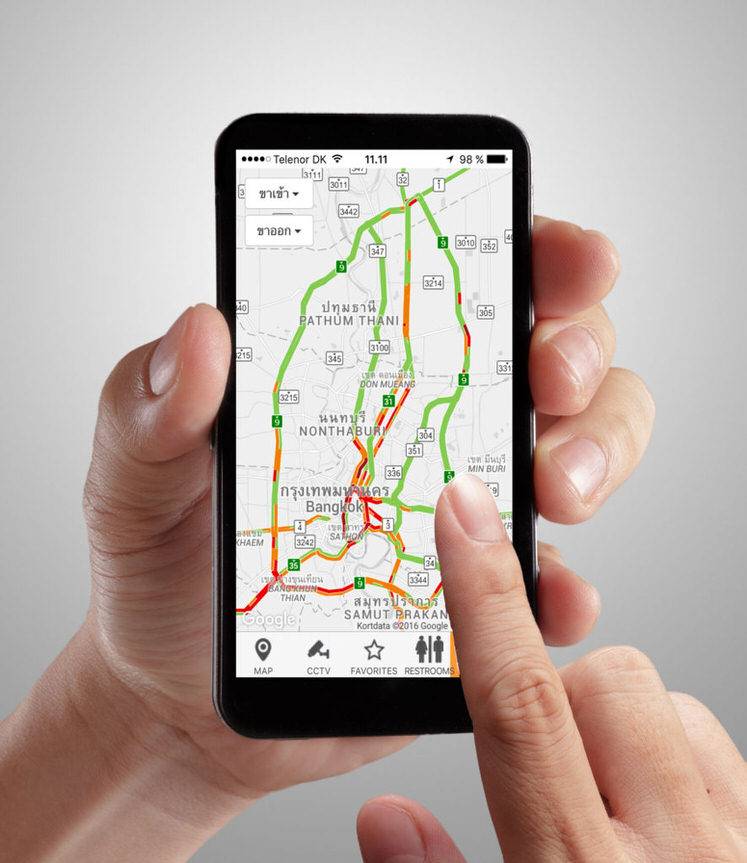Though the market for the Internet of Things (IoT) is projected to reach a staggering $3 trillion globally by 2025, that forecast has dimmed partly due to broader smartphone capability.
Fortune mentioned an IoT report by Machina Research that lowered its forecast for part of the IoT market.
Previously it projected the devices-and-services segment of the IoT market as reaching $1.6 trillion by 2024, but has revised that number down to $1.3 trillion. The report sees an additional $1.7 trillion is expected to come from associated services like consultancy, hosting and application development.
“One reason our forecasts are coming down a little is because the smartphone is taking on a bigger role that we foresaw,” said Machina analyst Margaret Ranken.
Smartphone functions taking place of other tech
“For example, in a connected car, we now see fewer connected devices for things like navigation, because people are using smartphones instead,” she said. “In connected health, we had imagined some dedicated devices that have been knocked out of our forecast [such as] connected medicine dispensers—there’s a potential market for reminding people to take their medicine on time, but also now a lot of apps will do that more cheaply.”
As well as smartphone use, another factor that is dragging on IoT’s future is the slow pace at which the cellular industry is moving at setting standards for devices to connect to existing mobile networks. The standards for IoT were just completed in June.
Amid this uncertain terrain, Sigfox and the LoRa Alliance are constructing entirely new networks geared specifically for IoT. Meanwhile telcos are looking to an IoT-driven 5G future that some experts warn will bleed their revenues for years to come.
In other areas, Machina sees IoT connections rising from 6 billion in 2015 to 27 billion in 2025, with cellular networks making up 2.2 billion of those. Cellular IoT connections in cars will comprise 45% of that number.

















